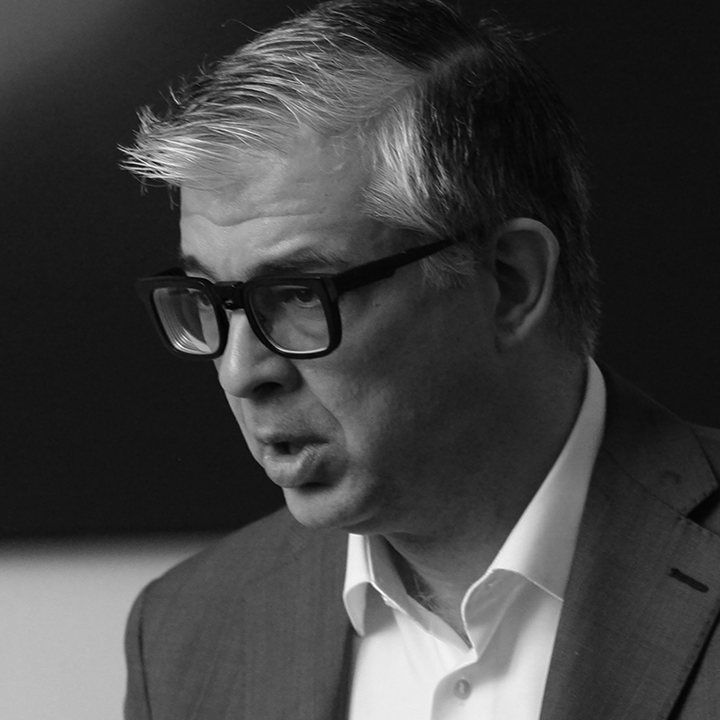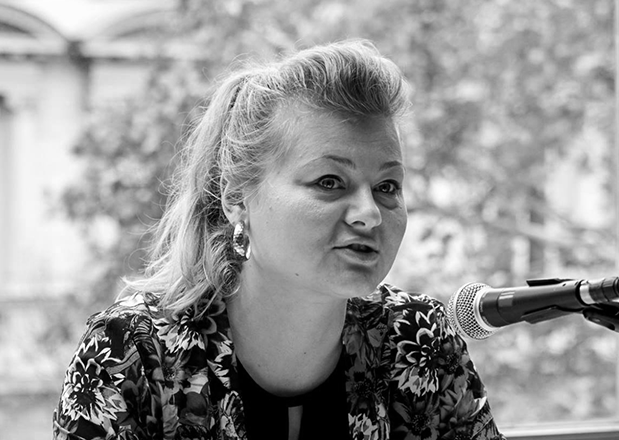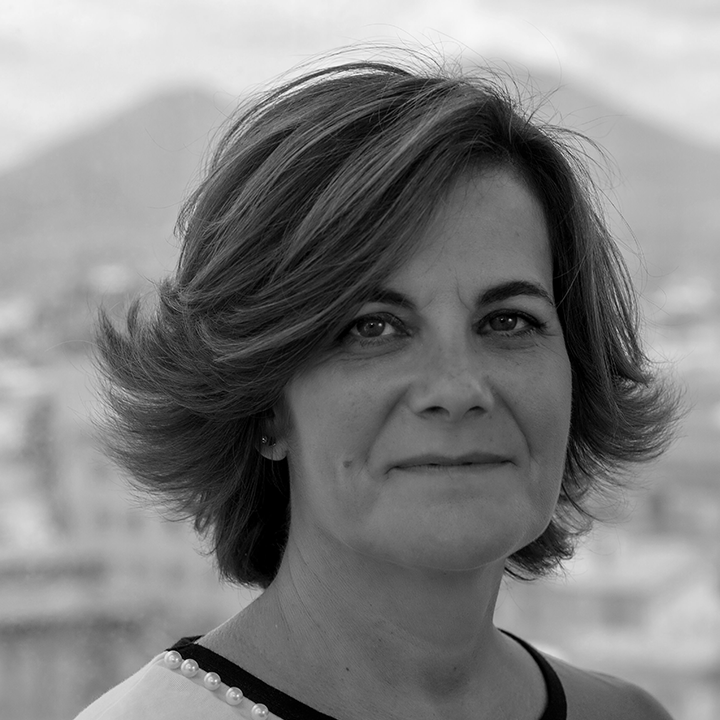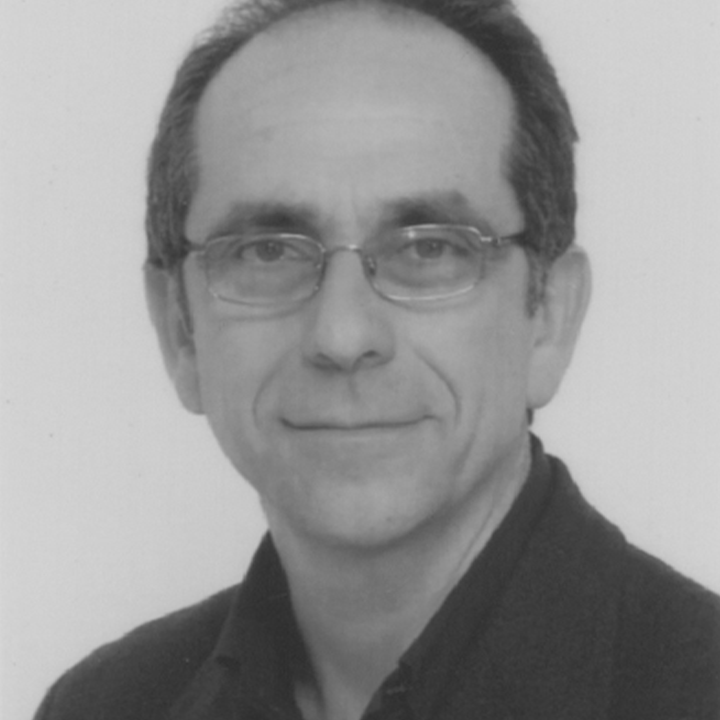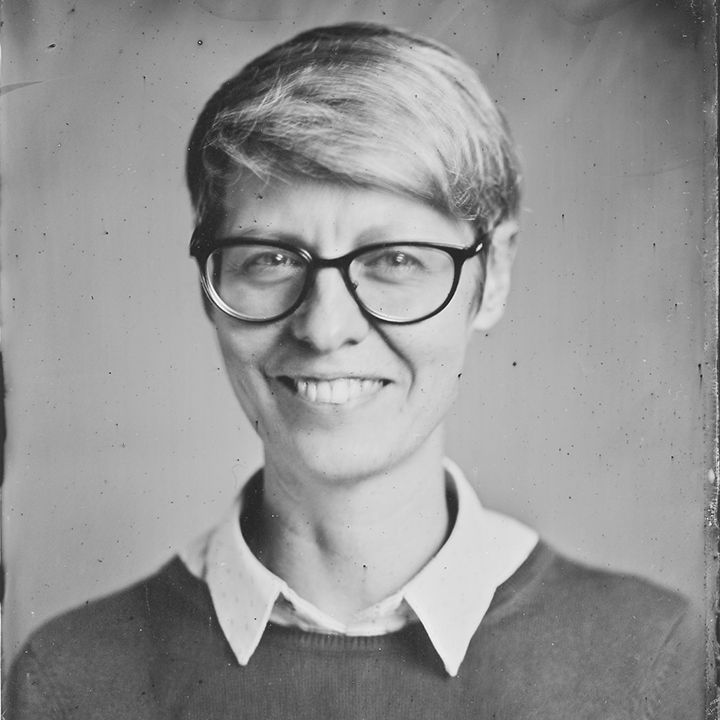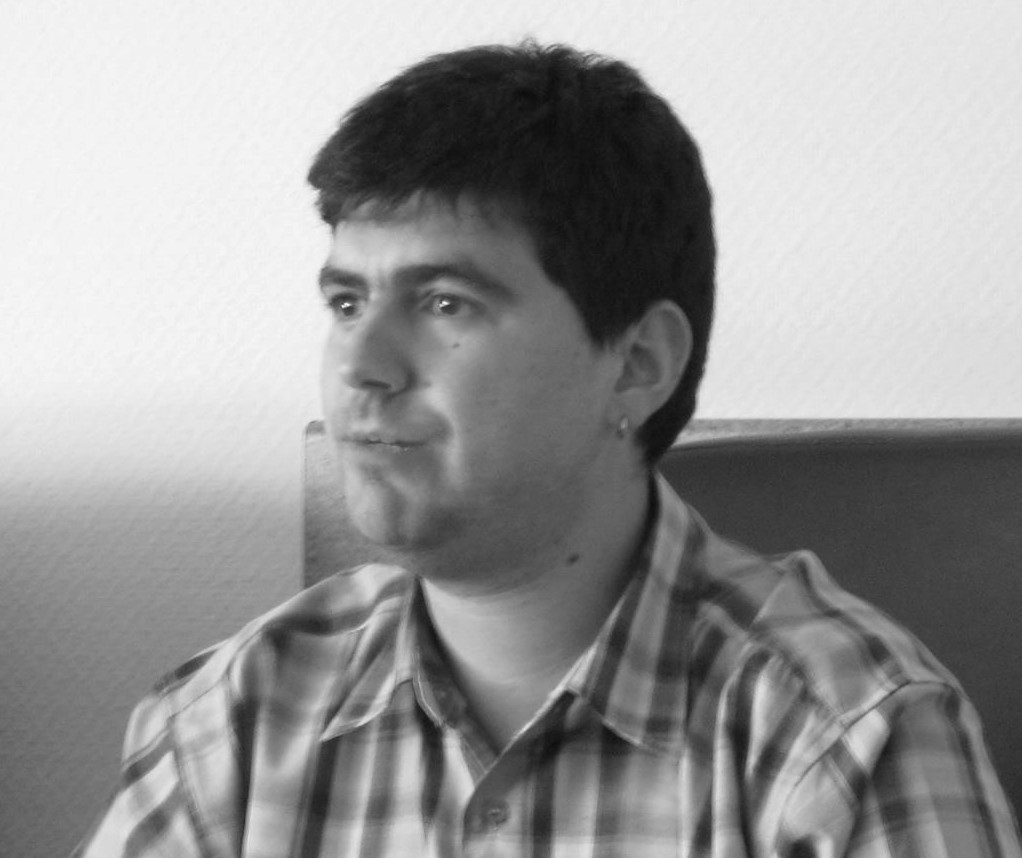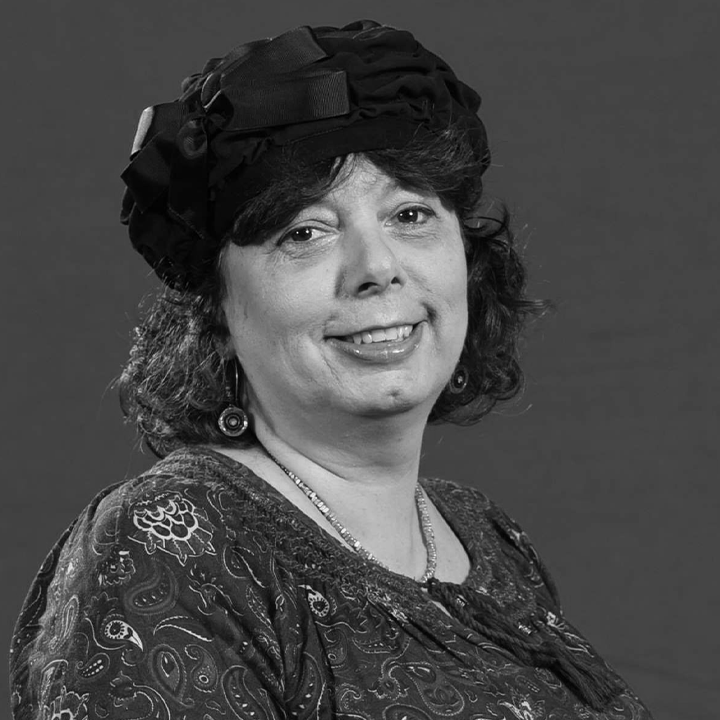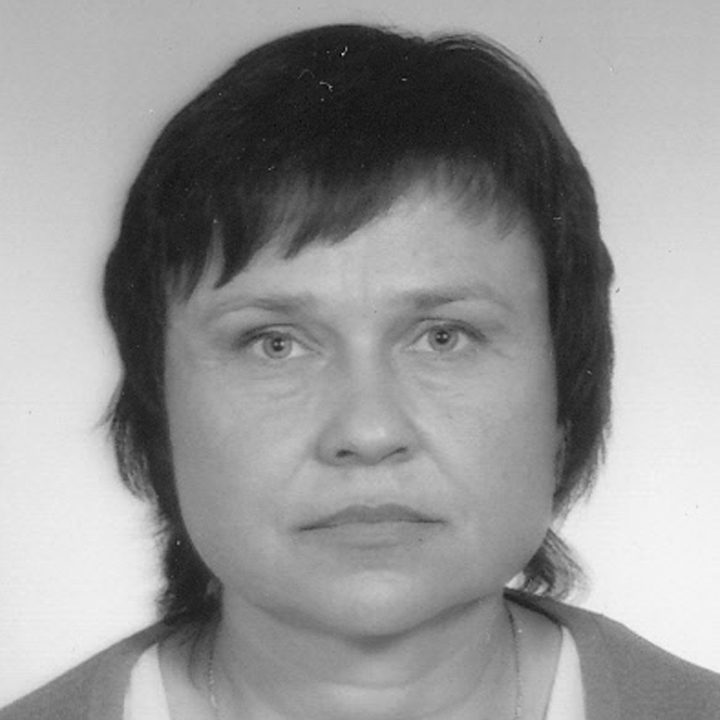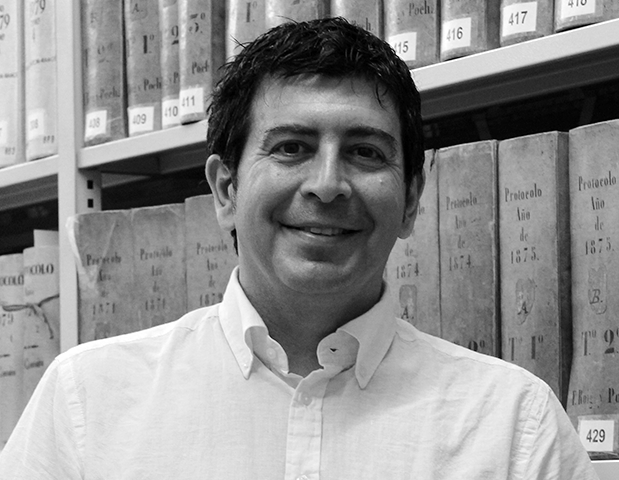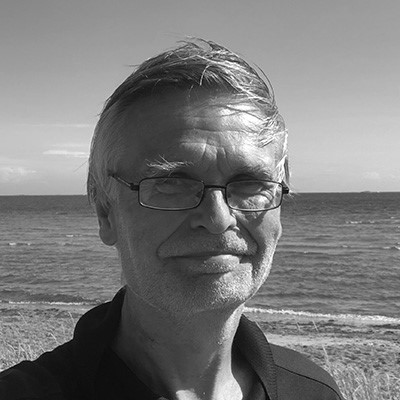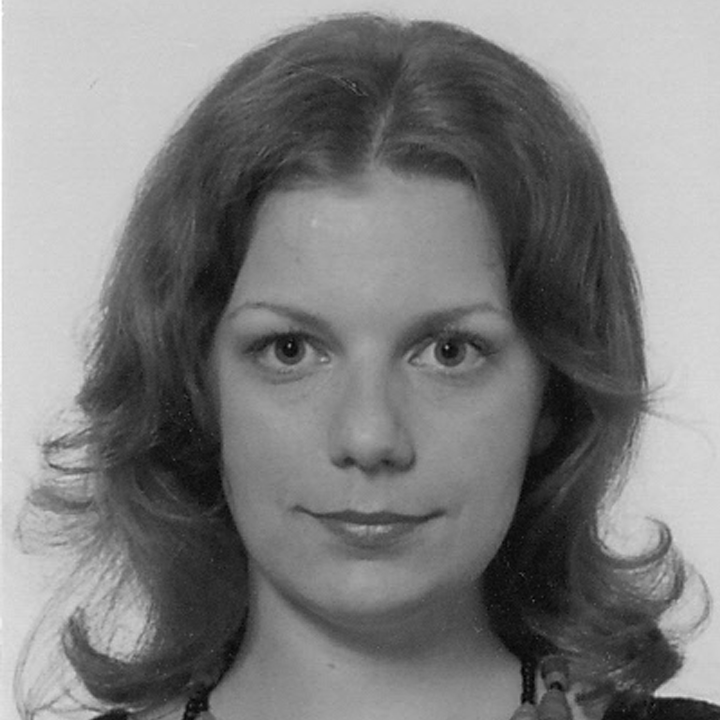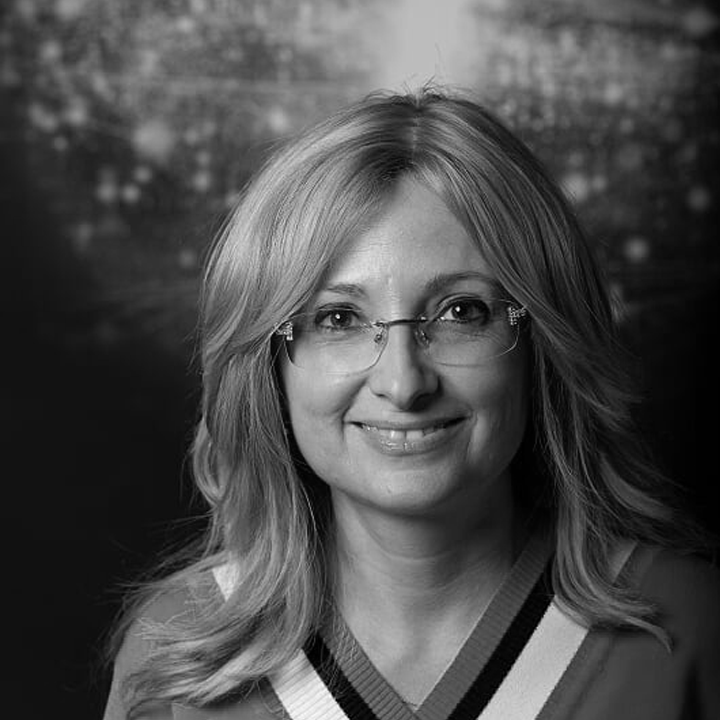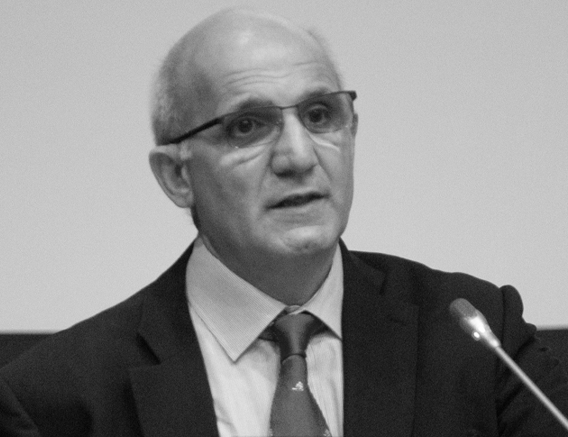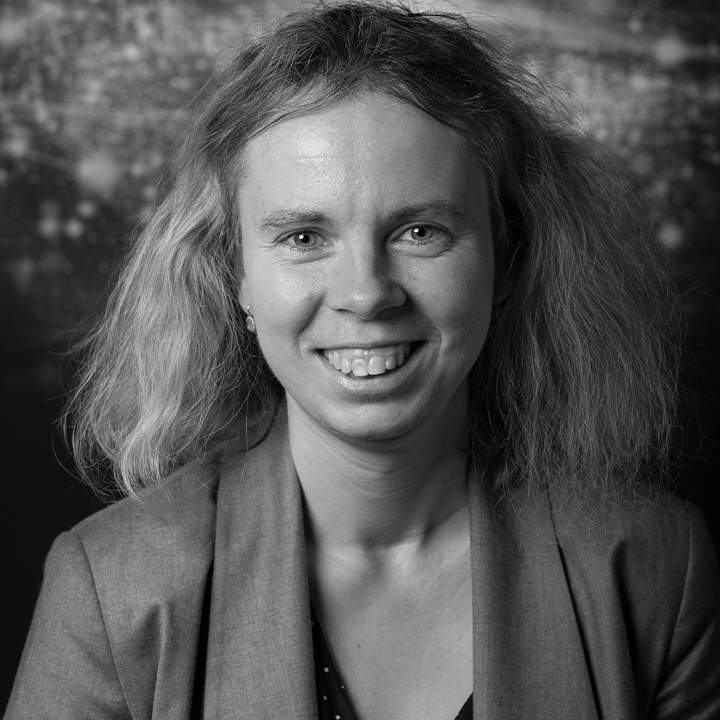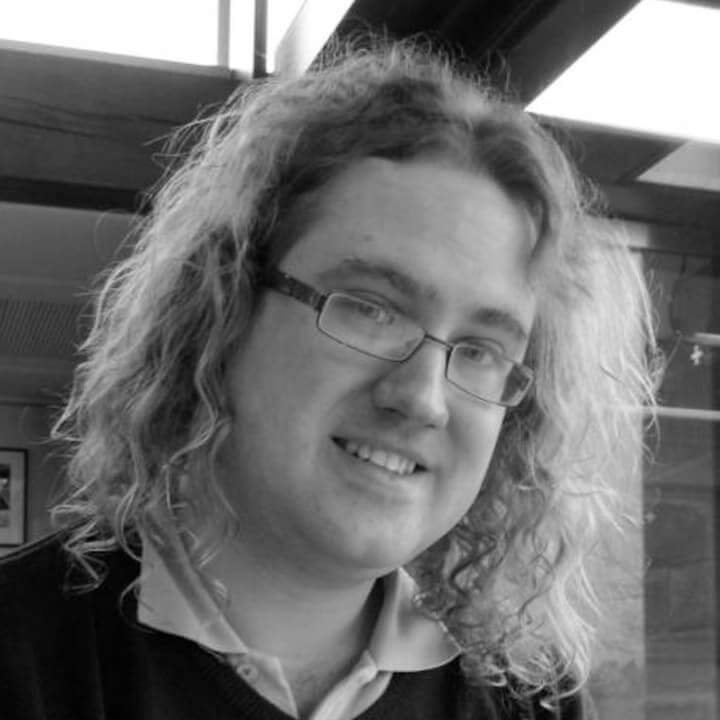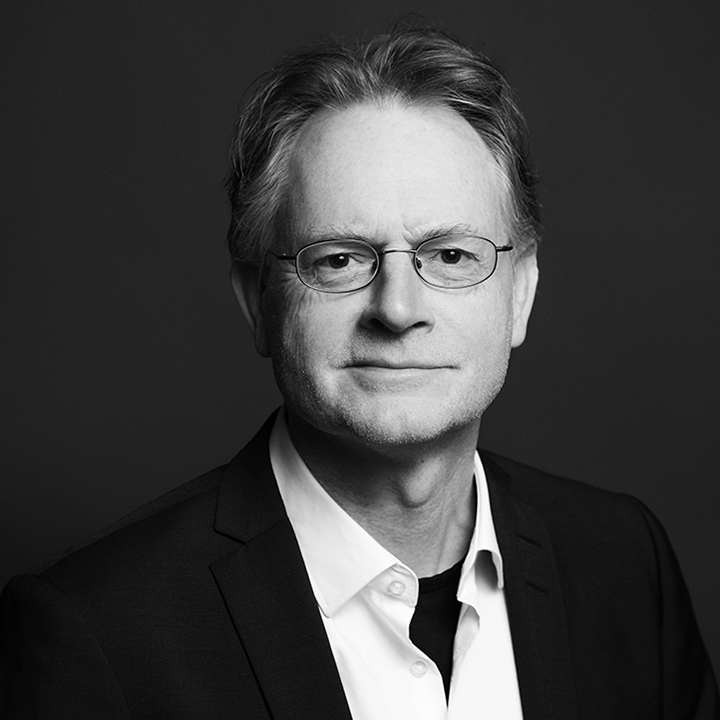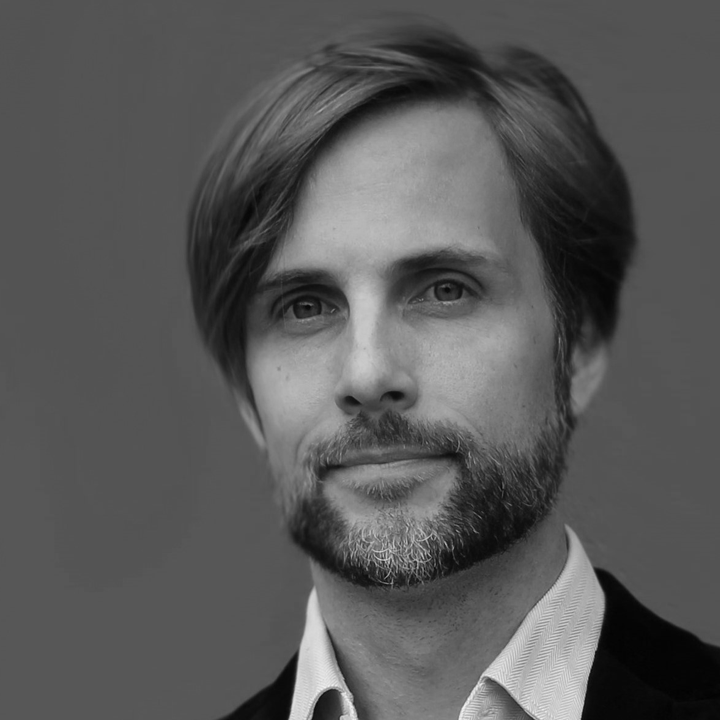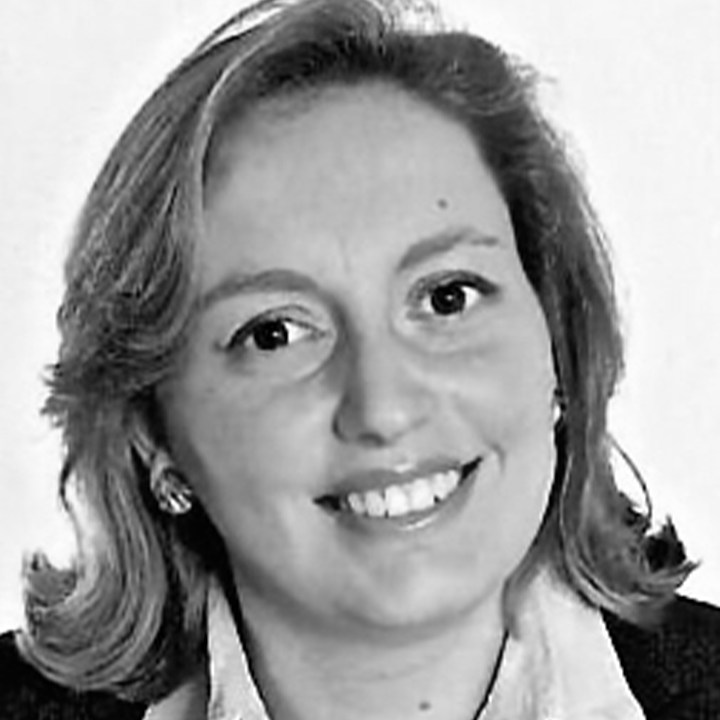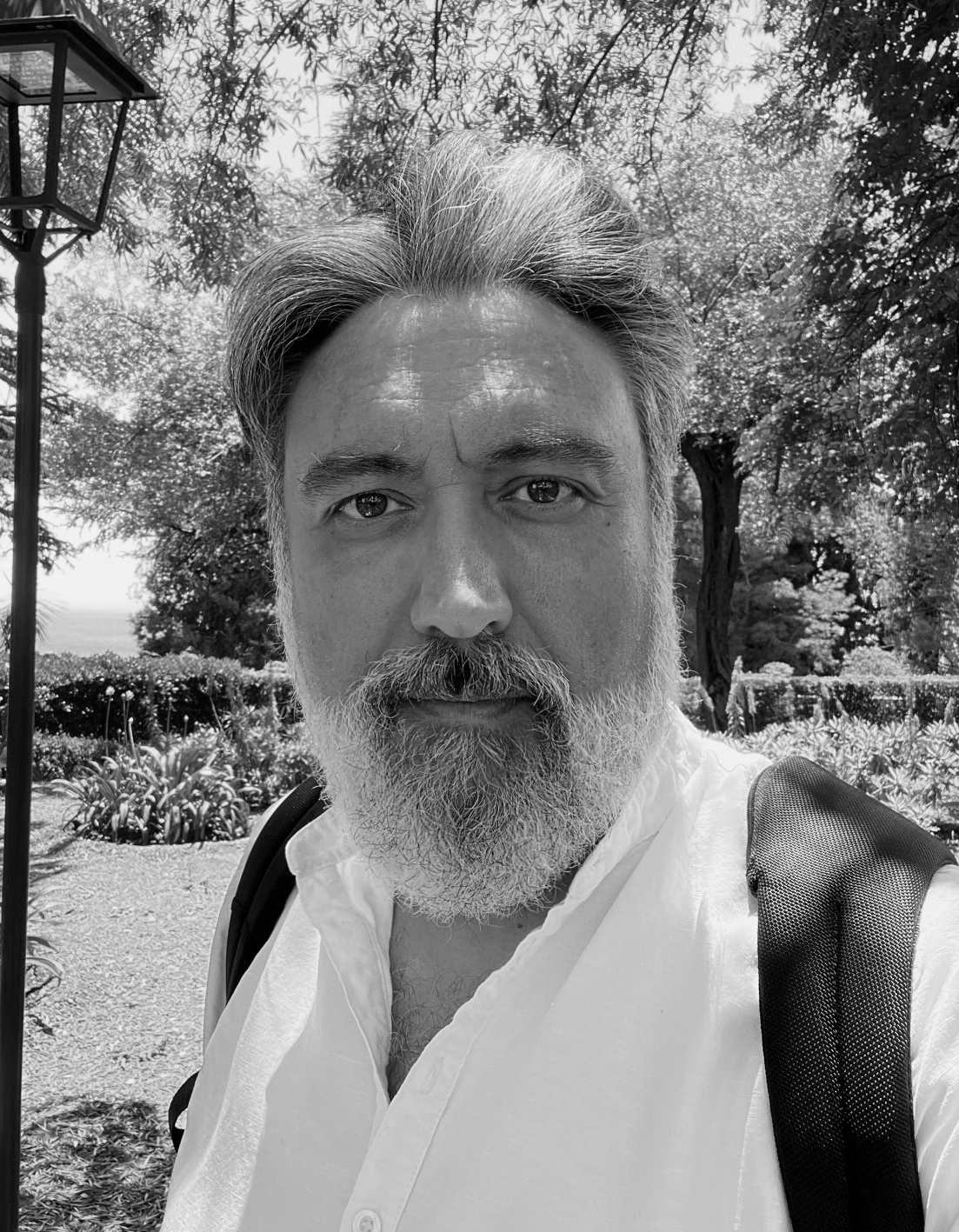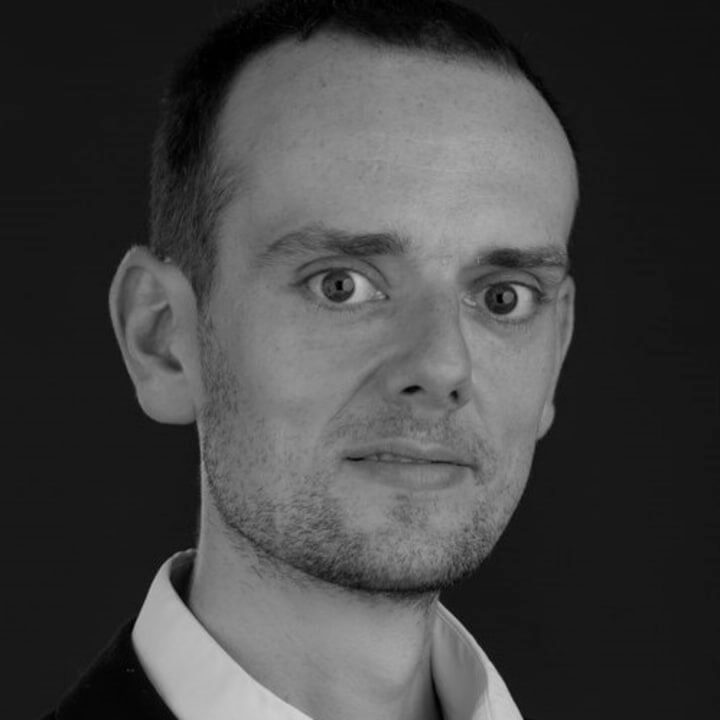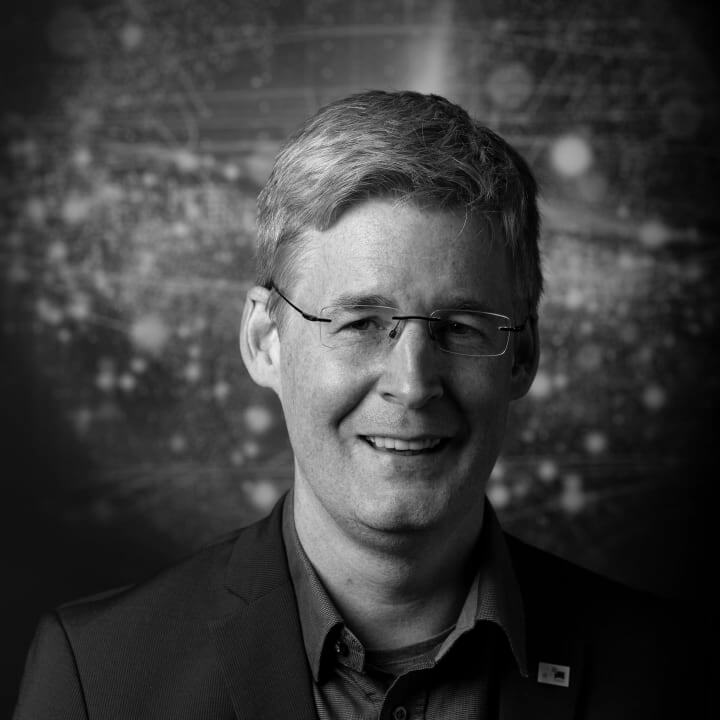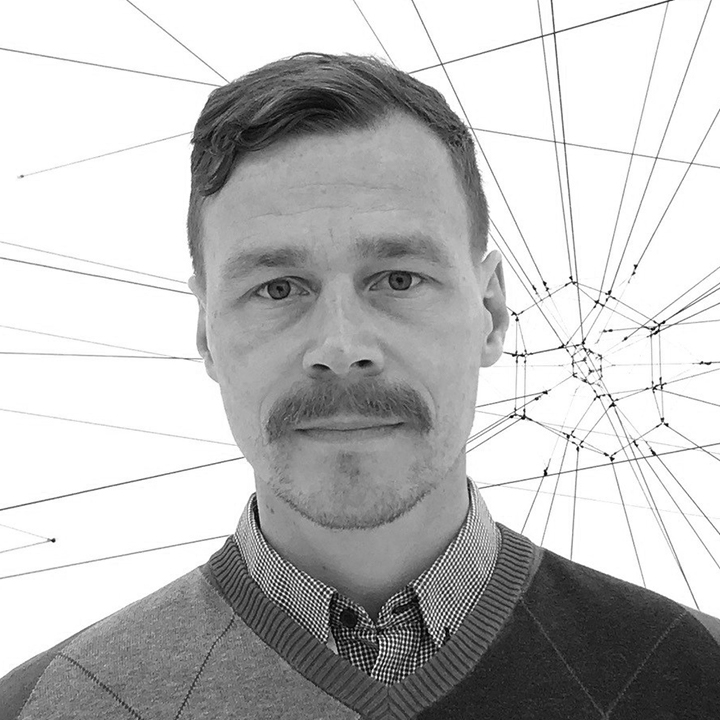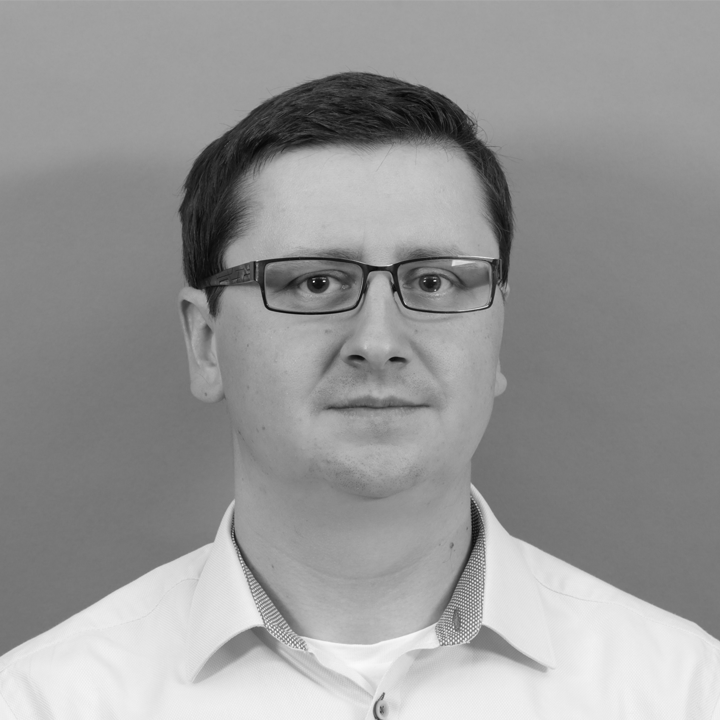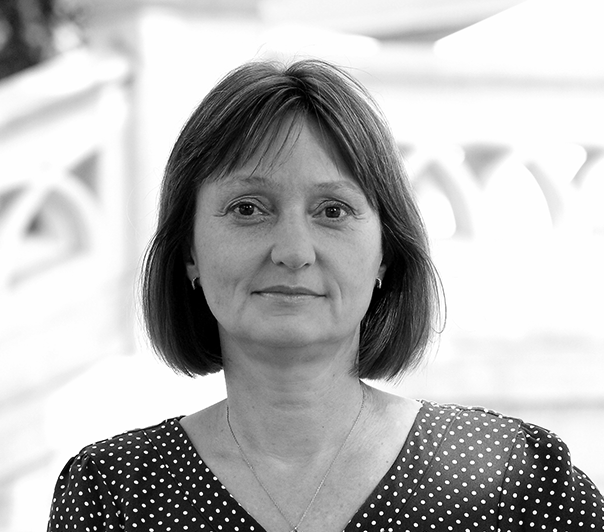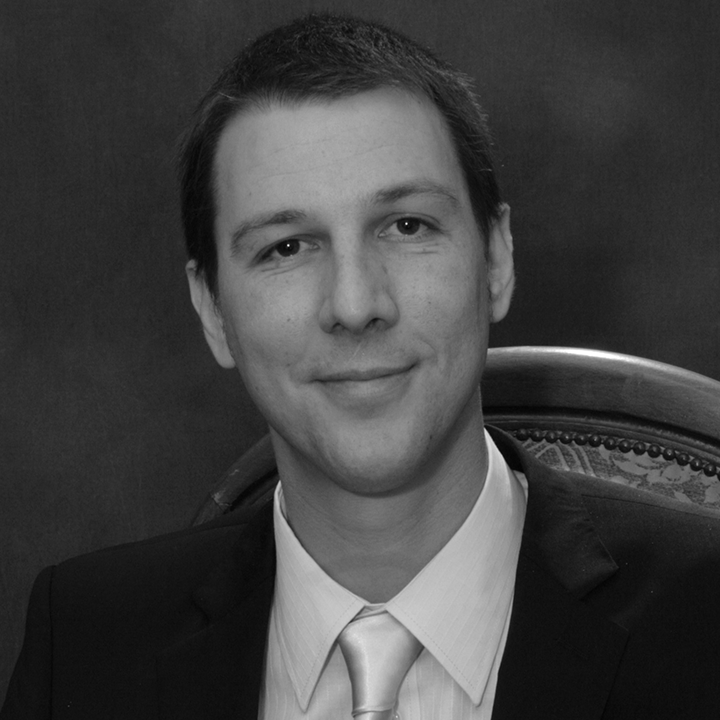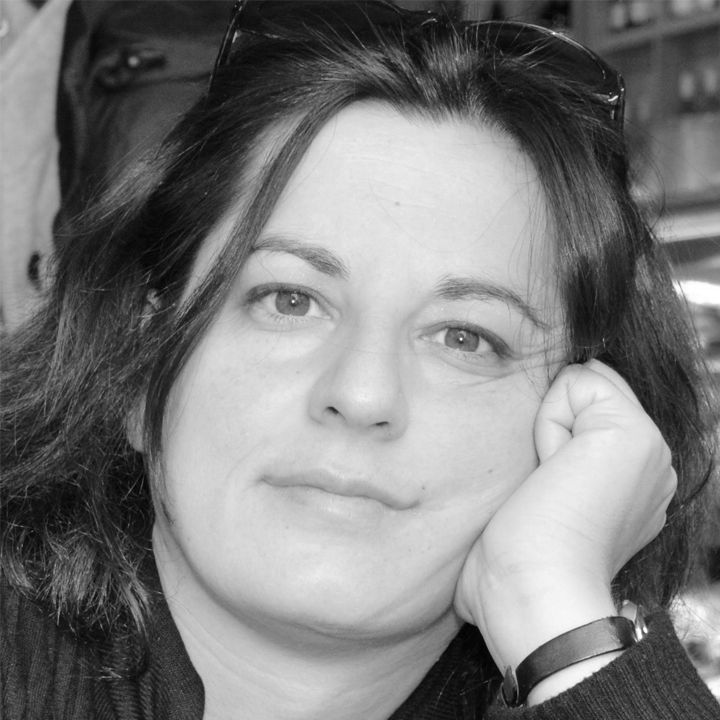
Eleni Papalexiou is associate professor at the Department of Theatre Studies, School of Fine Arts, University of the Peloponnese (Nafplion), specialized in Theatre Genetics, Performance Analysis and Digital Humanities and Arts. She holds a Ph.D. from Université Sorbonne-Paris IV. As a Fulbright visiting scholar she conducted research at Stanford University (Department of Classics & Department of Theater and Performance Studies, 2014-2015).She has worked intensively on cultural documentation and the digital visualization of the performing arts. She is Principal Investigator of the research project Genesis. Genetic Research and Digital Visualization in the Performing Arts, funded by the Hellenic Foundation for Research and Innovation (2020-2023). She is also Principal Investigator (on behalf of the University of the Peloponnese) of the European Projects CREARCH: Creative European Archives as Innovative Cultural Hubs and ARGOS: Actes de Création et Dynamiques de Collaborations Croisées – Arts de la Scène (Creative Europe Cooperation Projects 2018-2021). She was the main researcher of the research project ARCH: Archival Research and Cultural Heritage-Aristeia II, concerning the archive of the theatre director Romeo Castellucci and his group Socìetas Raffaello Sanzio. From 2016 she is academic consultant and curator of the above mentioned archive. Thanks to the work of the ARCH team, the archive was declared of major historical interest and importance by the Italian Ministry of Culture (2015).
“Culture is one of Europe’s most valuable assets and can act as a lever for growth and prosperity. The Time Machine is an offspring of the “digital revolution“, the explosion of digital information and the proliferation of digital channels and networks in our times. The constant extraction of new knowledge is expected to create new professions, new services and new products that will affect education and creative industries. It is my hope that this project, which is an enormous scientific investment with economic, societal and cultural impact, to be further developed and strengthened on a European level, in the form of a partnership between the member-states and, of course, the necessary contribution of the Greek state. My country, Greece, is called upon to play a leading role in this area. Within this framework, the gaze of Greek researchers must be directed outward, away from the obstacles of introversion and isolation. To make this happen, however, it is imperative to eliminate mentalities and practices that are holding the Greek research domain back, the most severe of which are bureaucracy, lack of incentives and support, and repeated changes in the legislation.”

